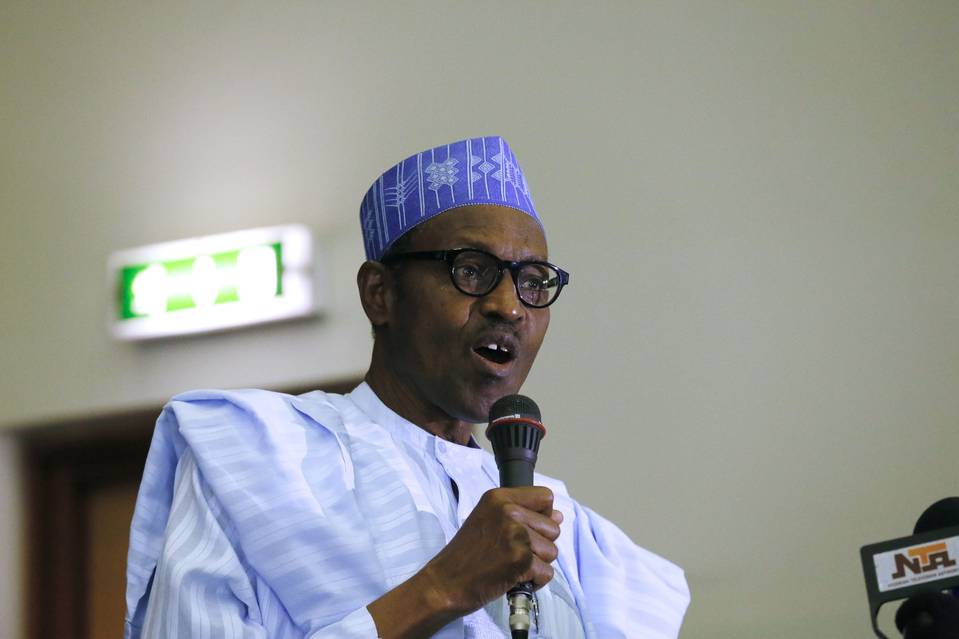[dropcap]I[/dropcap]t was Father Matthew Kukah, the brave Catholic Bishop of Sokoto, who brought the vivid reality of counter-military rhetoric on corruption as being the basis for coups and counter-coups all through the military era, to our attention. He took us down memory lane from one military government to the other. The rhetoric was the same. The principal basis for military coups was corruption. Even as a military general, Mr. Muhammadu Buhari’s incursion and overthrow of the democratically elected government of President Shehu Shagari, as unjustified as it remains to this day, was ascribed to corruption.
Corruption! Corruption! Corruption!
It was the singsong of Mr. Buhari for the number of years he made the bid to govern Nigeria whether as candidate of ANPP, CPC or APC. It soon became a mantra identified with him although with corroborating credentials lacking substantially in weight and evidence.
A forensic analysis of the famed anti corruption credential of Nigeria’s former Dictator and President, presents vague results. There have been undenied reports of corruption allegations against him as Chairman of Petroleum Trust Fund (PTF) and thereafter of a named Aisha M. Buhari, believed to be his wife, in the Halliburton bribery scandal case that is still unresolved. In all, he has remained quiet about them and the Halliburton case has been reported as dropped by his government.
In 2015, he was declared winner and President of Nigeria in a very close election that saw his opponent, Mr. Goodluck Jonathan, conceding defeat for national interest in spite of irregularities and massive disenfranchisement that could be traced to the questionable introduction of Card Readers by Independent National Electoral Commission (INEC). Mr. Buhari ran his 2015 election, as he did others before it, on a strong anti corruption campaign. It was the mantra that enlivened his mass followership and like flame blazed through a populace that were reasonably caught-on with the euphoria of corruption in Nigeria.
Since his victory, many Nigerians and key followers of Nigerian politics from around the world have expressed disappointments with the Buhari led government’s posture on corruption. The scales are falling off and the realities are beginning to stare the average Nigerian in the face.
First, it appeared as though the entire anti corruption crusade that has come to define Mr. Buhari for decades, was now limited to the tenure of his predecessor, Mr. Jonathan. Something many view as a witch-hunt of the national opposition Party, the Peoples Democratic Party (PDP) which conceded by a very narrow margin.
What followed that was even more disappointing. After waiting for more than 5 months for the appointment of saintly Federal Ministers who will support the President on his mission to change Nigeria and fulfill his many electoral promises some of which he has denied, Mr. Buhari and his Party, the All Progressives Congress (APC), approved an uninspiring list of Ministers for appointment. The list included names of individuals with clouds of corruption hanging over their heads including two former Governors, one of which was Mr. Rotimi Amaechi of Rivers State, one of Mr. Buhari’s biggest funders who was reportedly indicted for corruption by a Judicial Panel of Enquiry into his administration as Governor of Rivers State. If these were not enough burdens on his avowed credibility, Mr. Buhari obsession for corruption, to fight and “kill corruption before it kills Nigeria”, as he was quoted to have said, has failed to bring in the results.
The Nigerian economy is currently in tatters. Jobs are being lost daily and businesses are closing shops in credit to the rhetoric and lack of policy direction of the Nigerian government. While the government appears unperturbed by the situation, a growing apprehension thrives among the majority of Nigerians whose primary interest is their livelihood.
Mr. Buhari was widely reported recently to have said he would not stop talking about corruption of the Jonathan government. The comment raised widespread criticism as to whether he was voted to talk or administer governance. His obsession with corruption appears to be his greatest distraction from keeping pace with the laudable strides of his predecessor, Mr. Goodluck Jonathan.
Many even wonder how he intends to succeed in his fight of corruption with a Party of largely corrupt stalwarts, having unanswered questions himself and with a steadily breaking economy. The future of Nigeria appears to be at risk as even the Central Bank of Nigeria has warned of an impending recession as the country’s economy continues to slide.
Oraye St. Franklyn, a strategic communicator and good governance advocate, writes from Port Harcourt, Rivers State. He tweets from @RealOraye. He is also on Facebook.
The opinions expressed in this article are solely those of the author.







